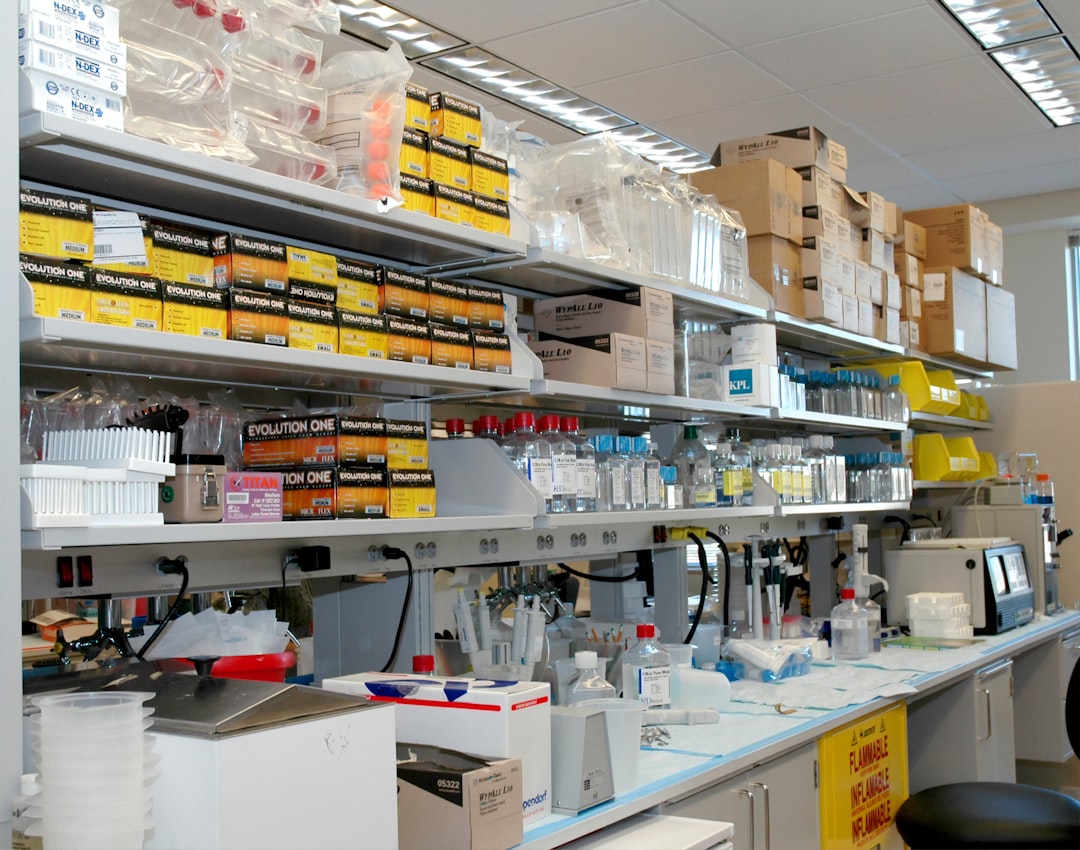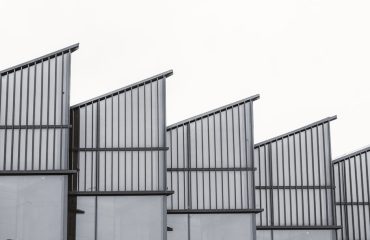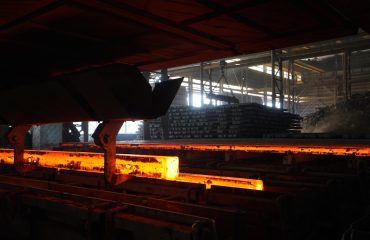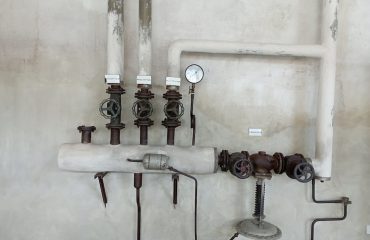Selecting the right piping system is critical for the safe and efficient operation of any chemical plant. The wrong choice can lead to leaks, corrosion, equipment failure, and even catastrophic accidents. This comprehensive guide delves into the key considerations for selecting pipes in chemical processing environments, ensuring optimal performance and longevity.
1. Material Compatibility: The Foundation of Chemical Plant Piping
The most fundamental aspect of pipe selection is material compatibility with the chemicals being processed. Different materials react differently to various chemicals. Some materials might be completely inert, while others might undergo corrosion, degradation, or even react explosively. Thorough knowledge of the chemical properties – including pH, temperature, concentration, and potential for reactions – is crucial. Common materials used in chemical plants include:
- Stainless Steel (304, 316, etc.): Offers excellent corrosion resistance, high strength, and is suitable for a wide range of chemicals and temperatures. The specific grade (304, 316, etc.) is chosen based on the specific chemical environment.
- Carbon Steel: A cost-effective option, but susceptible to corrosion, especially in the presence of moisture or aggressive chemicals. Often requires coatings or linings for protection.
- Duplex Stainless Steel: Combines the strength of carbon steel with the corrosion resistance of austenitic stainless steel, offering a good balance of properties.
- PVC, CPVC, and other Plastics: Suitable for certain corrosive chemicals and lower pressure applications. They are lightweight and easy to install but have limitations in terms of temperature and pressure resistance.
- Nickel Alloys (Monel, Inconel, Hastelloy): Offer exceptional corrosion resistance in highly aggressive environments, but are significantly more expensive than other options.
Material selection charts and compatibility databases are invaluable tools for determining the appropriate material for a specific chemical application. Consulting with material specialists is highly recommended for complex chemical processes.
2. Pressure Ratings and Operating Conditions: Ensuring System Integrity
Chemical plants operate under various pressure and temperature conditions. Pipes must be selected to withstand these operating parameters without failure. Pressure ratings are typically expressed in pounds per square inch (psi) or bars. The selected pipe must have a pressure rating significantly higher than the maximum expected operating pressure, incorporating a safety factor. Temperature also plays a crucial role, as high temperatures can weaken the pipe material, reducing its strength and pressure rating. Expansion and contraction due to temperature changes must also be considered, especially for long pipelines. Proper expansion joints or loops might be necessary to accommodate these variations.
3. Corrosion Resistance: Preventing Degradation and Leaks
Corrosion is a major concern in chemical plants. Even seemingly inert materials can corrode over time, especially in the presence of aggressive chemicals or impurities. The choice of material is paramount in preventing corrosion. However, additional measures might be necessary, such as:
- Protective Coatings: Applying coatings like epoxy resins, paints, or linings to the inner or outer surface of the pipe can enhance corrosion resistance.
- Corrosion Inhibitors: Adding chemicals to the process fluid can slow down or prevent corrosion.
- Cathodic Protection: Applying a protective current to the pipe can prevent corrosion by making it the cathode in an electrochemical cell.
Regular inspection and maintenance are crucial to detect and address corrosion before it leads to leaks or failures.
4. Flow Characteristics and Hydraulic Design: Optimizing Efficiency
The inner diameter and roughness of the pipe significantly impact flow characteristics. Smooth inner surfaces minimize friction losses, improving efficiency and reducing energy consumption. The pipe diameter should be carefully selected to ensure adequate flow rates while avoiding excessive pressure drops. Hydraulic calculations and simulations are often used to optimize pipe sizing and layout. Factors like fluid viscosity, density, and flow rate must be considered in these calculations.
5. Regulatory Compliance and Safety Standards: Meeting Legal Requirements
Chemical plants are subject to stringent regulations and safety standards, depending on the location and the chemicals being handled. Pipe selection must comply with these regulations. This includes adherence to standards for material selection, pressure ratings, welding procedures, and inspection requirements. Relevant codes and standards might include ASME B31.3 (Process Piping), API 650 (Welded Tanks), and local or regional regulations. Documentation of material certifications, welding procedures, and inspection reports is essential for demonstrating compliance.
Choosing the right piping system is a complex process requiring careful consideration of various factors. A thorough understanding of material compatibility, pressure ratings, corrosion resistance, flow characteristics, and regulatory compliance is crucial for ensuring the safe and efficient operation of a chemical plant. Consulting with experienced engineers and material specialists is highly recommended to make informed decisions.
SEO-Friendly Tags:
- Chemical Plant Piping
- Pipe Selection
- Chemical Process Piping
- Material Compatibility
- Corrosion Resistance Piping




